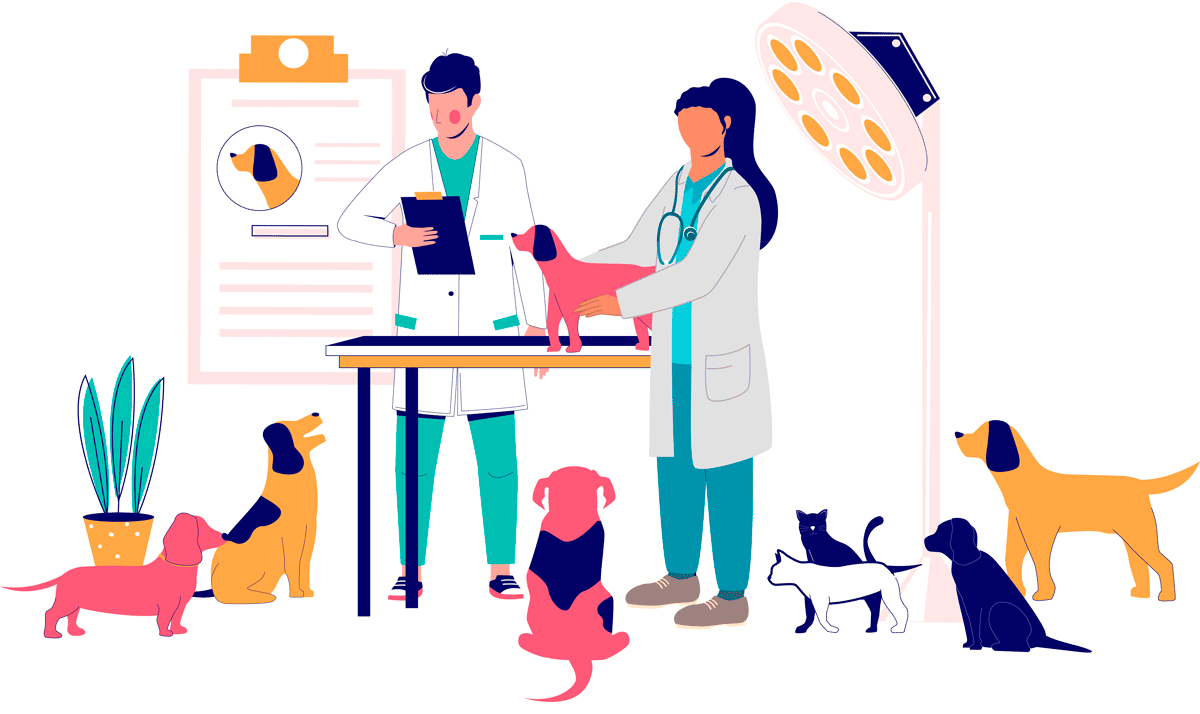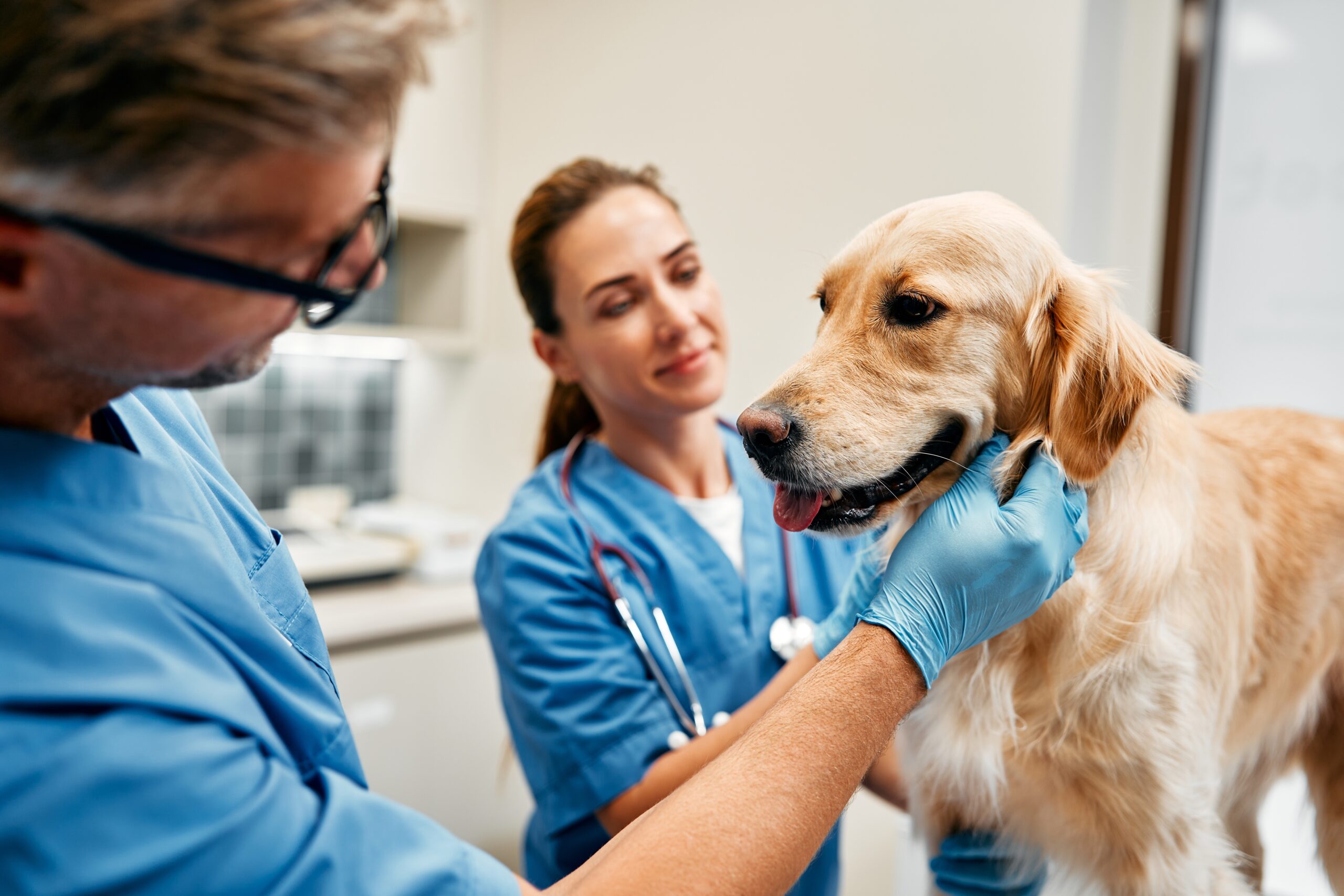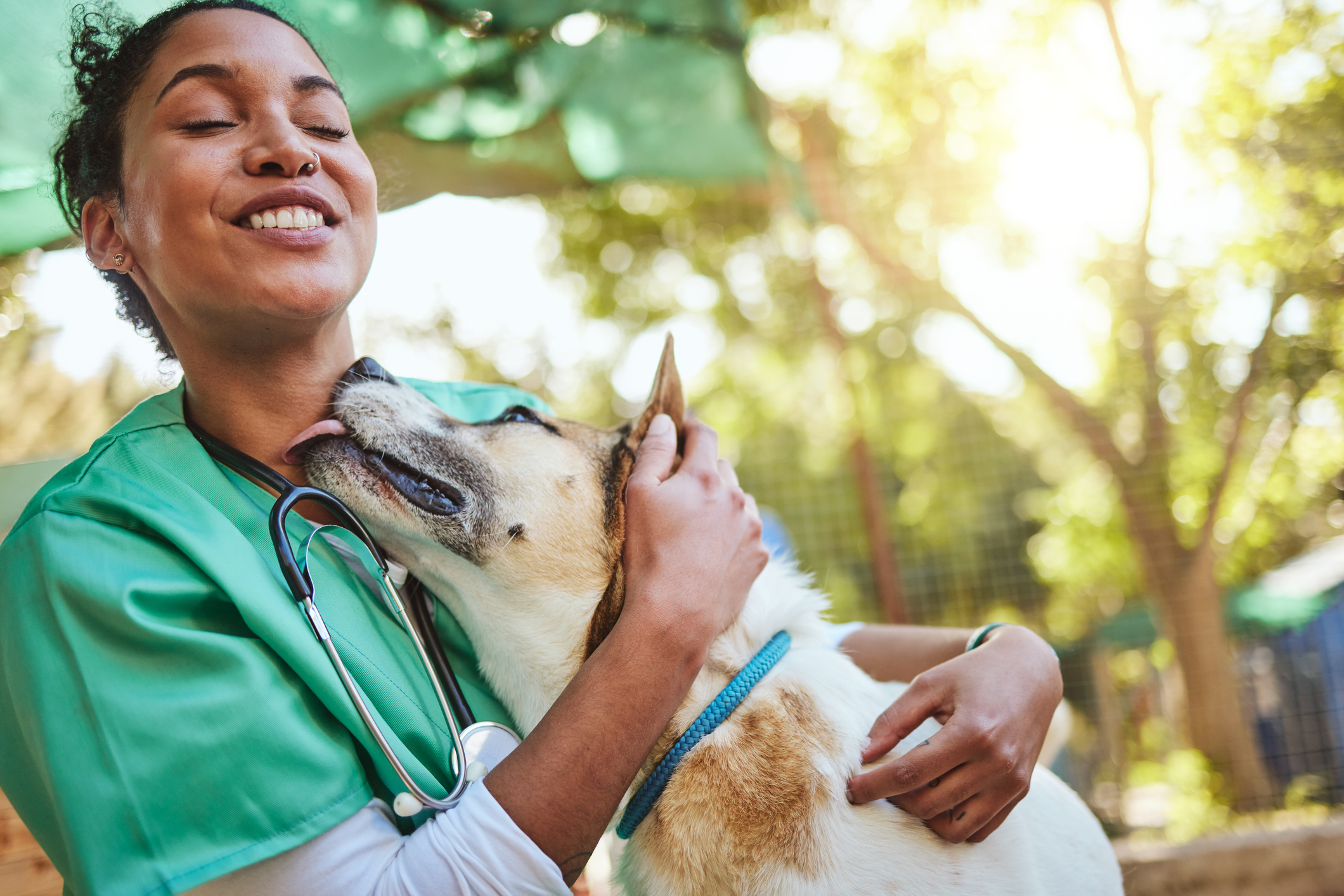The Significance of Very Early Discovery: Insights From a Vet Oncologist
Early detection of cancer cells in family pets is a necessary subject for pet proprietors and veterinary experts alike. Vet oncologists emphasize the importance of acknowledging refined indications that may indicate significant health and wellness issues. Usual signs and symptoms usually go undetected up until they escalate. Understanding these very early warning indications and advancements in diagnostic techniques can make a substantial distinction. What actions can family pet owners require to boost their pets' opportunities of early diagnosis and much better therapy outcomes?
Understanding Cancer Cells in Pets: Usual Kinds and Symptoms
While numerous pet owners might not understand it, cancer cells is a considerable health and wellness problem influencing pets, just like it performs in humans. Usual kinds of cancer in animals include lymphoma, pole cell growths, osteosarcoma, and mammary growths. These hatreds can show up in different methods, depending upon their area and type. Symptoms often include unexplained weight management, persistent throwing up, changes in cravings, or unusual lumps and bumps. Pets may also show lethargy, problem breathing, or reluctance to workout, which can indicate underlying health problems. Early signs can be refined, making it important for animal proprietors to be watchful of their family pets' actions and physical condition. Comprehending these usual kinds and connected signs can encourage owners to look for vet care quickly, possibly leading to earlier diagnosis and therapy choices. Recognizing the indications of cancer cells in animals is a crucial action towards boosting their health and wellness and high quality of life.
The Role of Veterinary Oncologists in Very Early Discovery
Vet oncologists play a vital duty in the very early discovery of cancer cells in pet dogs, as their specialized training outfits them with the skills essential to identify subtle indications that might be overlooked by family doctors. They make use of a mix of medical know-how and advanced diagnostic tools to evaluate individuals extensively - Pet Cancer Surgery. By identifying early signs and danger factors, oncologists can assist pet dog owners towards timely interventions, increasing the opportunities of effective treatment
Veterinary oncologists frequently collaborate with general experts to develop screening methods tailored to details types or age teams, enhancing the effectiveness of early discovery efforts. They inform pet owners on the relevance of normal check-ups and awareness of adjustments in actions or physical condition. With these proactive procedures, veterinary oncologists substantially add to improving end results for pets identified with cancer, stressing the essential nature of their function in veterinary health care.
Developments in Diagnostic Techniques for Animal Cancer
Developments in analysis methods have actually noticeably enhanced the ability to identify cancer cells in pet dogs at earlier stages. Methods such as innovative imaging, consisting of MRI and CT scans, give detailed internal views, allowing vets to determine lumps that might not be apparent. In addition, the advancement of minimally intrusive procedures, such as fine needle aspirates and biopsies, allows precise tasting of cells for histopathological analysis with decreased stress and anxiety for the animal.
Arising molecular diagnostics, consisting of hereditary testing and biomarker recognition, are changing the landscape of vet oncology. These methods can recognize particular cancer cells kinds and anticipate reactions to treatment, assisting in personalized care strategies. In addition, developments in research laboratory methods, such as fluid biopsies, are starting to supply non-invasive choices for keeping track of growth progression and treatment efficiency. Collectively, these innovations represent a considerable jump ahead in veterinary medicine, emphasizing the important role of very early detection in boosting outcomes for pet dogs diagnosed with cancer cells.
Exactly How Pet Dog Owners Can Identify Indication
Just how can family pet owners come to be cautious in identifying possible indication of cancer cells? Awareness of physical and behavioral changes in pet dogs is important. Typical indications include uncommon lethargy, loss of appetite, or unexpected weight changes. Pet dog owners must additionally focus on relentless vomiting or looseness of the bowels, which may signal underlying problems.
Modifications in the skin, such as swellings, bumps, or sores that do not heal, warrant prompt veterinary interest. Furthermore, owners ought to keep in mind adjustments in alcohol consumption behaviors, increased urination, or trouble in breathing. Unusual limping or pain might also be signs of even more major conditions.
Routine veterinary exams can help recognize these warning indicators early. By keeping a close monitoring of their pet dogs' wellness and actions, owners can play a vital function in very early detection, possibly leading to better outcomes should cancer cells be detected. Acknowledging these signs might significantly influence a family pet's top quality of life.
The Effect of Very Early Detection on Treatment Outcomes
Early detection of cancer in pet dogs plays a vital duty in identifying treatment outcomes, as it typically enables a wider variety of healing alternatives. When cancer is detected in its onset, veterinarians can implement less intrusive therapies, increasing the chance of successful treatment. Early-stage cancers cells may also respond far better to radiation treatment or radiation, resulting in boosted survival rates and total lifestyle for the pet.
In addition, punctual diagnosis facilitates a much more tailored therapy strategy, straightening with the particular demands of the animal. This can consist of customized drug routines or medical treatments that are much less hostile. On the other hand, late-stage detection commonly leads to limited choices, a lot more hostile treatments, and poorer diagnoses. Subsequently, the relevance of very early detection can not be overstated; it essentially changes the trajectory of therapy, making it essential for family pet proprietors to remain cautious for any indications of illness in their beloved companions.
Regularly Asked Inquiries

Exactly How Can Diet Plan Influence Cancer Cells Danger in Pets?
Diet regimen significantly affects cancer cells danger in pet dogs, as specific nutrients and food kinds can either advertise or prevent tumor development. A well balanced, nutrient-rich diet regimen might help in reducing the likelihood of creating cancer in animals.
Are Particular Types Much More Prone to Cancer cells?
Specific pet dog types, such as Golden Retrievers and Martials artists, display greater cancer cells susceptibility due to hereditary proneness. Some feline types additionally show enhanced cancer risks, highlighting the relevance of breed-specific health and wellness recognition among pet dog proprietors.

What Are the Costs Connected With Early Cancer Discovery?
The costs connected with very early cancer cells discovery can vary significantly, including analysis tests, consultations, and prospective treatments - Veterinary Oncology Services. Spending in these solutions usually causes better wellness end results, eventually reducing much more considerable future clinical expenses
Can Vaccines Protect Against Cancer in Family Pets?


Vaccines might minimize the risk of particular cancers in pets, especially those connected to viral infections. Their effectiveness varies, and family pet owners must consult vets for tailored guidance regarding vaccination and cancer avoidance approaches.
Exactly How Commonly Should Animals Be Evaluated for Cancer cells?
Pet dogs should usually be evaluated for cancer cells every year, particularly as they age or if they display threat factors. Normal vet check-ups can aid recognize possible problems early, enhancing treatment results and general health and wellness management.
Early detection of cancer cells in pets is an essential topic for animal owners and vet experts alike. Early indications can be refined, making it important for pet dog owners to be watchful of their pet dogs' actions and physical condition. Vet oncologists play a necessary role in the very early detection of cancer cells in animals, as their specialized training equips them with the abilities required to identify subtle indicators that might be forgotten by general specialists. By preserving a close observation of their pets' health and wellness and behavior, owners can play a key function in early discovery, potentially leading to far better results ought to cancer cells be detected. Early detection of cancer cells in pet dogs plays a crucial function in figuring out treatment end results, as it Veterinary Oncologist commonly allows for a bigger variety of restorative choices.